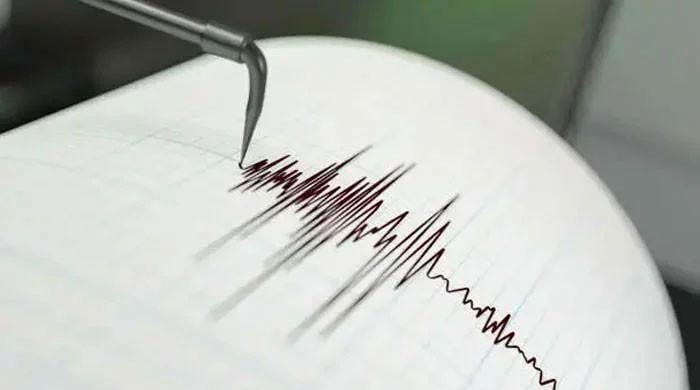Babar Sattar, Mehmood Jahangiri take oath as additional judges of IHC
IHC Chief Justice Athar Minallah administers oath to newly appointed judges
December 30, 2020
- Chief Justice IHC Justice Athar Minallah administers oath to newly appointed judges
- Legal fraternity from IHC, district bar participate in oath-taking ceremony
ISLAMABAD: Two newly-appointed additional judges of the Islamabad High Court (IHC) assumed charge of their office after an oath ceremony on Wednesday.
Chief Justice IHC Justice Athar Minallah administered the oath to the newly appointed judges — Justice Tariq Mehmood Jahangiri and Justice Babar Sattar.
The legal fraternity from IHC and the district bar participated in the oath-taking ceremony.
Read more about the two new additional judges of IHC
The Ministry of Law and Justice, a day earlier, had issued a notification regarding the appointment of the judges for a year.
Sattar, Jahangiri nominated
The Judicial Commission of Pakistan (JCP) headed by Chief Justice Gulzar Ahmed had recommended the appointment of Sattar and Jahangiri as additional judges.
Under Article 175-A of the Constitution, the commission recommends appointment and confirmation of the judges whereas the Parliamentary Committee on Appointment of Judges endorses these recommendations.
Who is Babar Sattar?
Advocate Babar Sattar has in the past represented Supreme Court judge Justice Qazi Faez Isa when a ten-judge full court heard his petition against the now-quashed presidential reference.
A reputed columnist, he has spoken about issues related to civil liberties, protests, and court rulings over the years.
According to Salahuddin Ahmed, the president of the Sindh High Court Bar Association (SCBA), Sattar "is one of the most qualified and upright advocates to be ever chosen for elevation as a judge”.
Read more: Prominent lawyer Babar Sattar recommended for post of additional judge at IHC
In an interview to Newsline magazine, Sattar spoke about the power of the judiciary and the judges' authorities. "There is a big debate around the world as to what judges can do in courts.
"And the argument is that they have soft discretion and hard discretion, meaning thereby that they can interpret words and that they have slight discretion in interpreting words in a certain way," he had told the publication.











